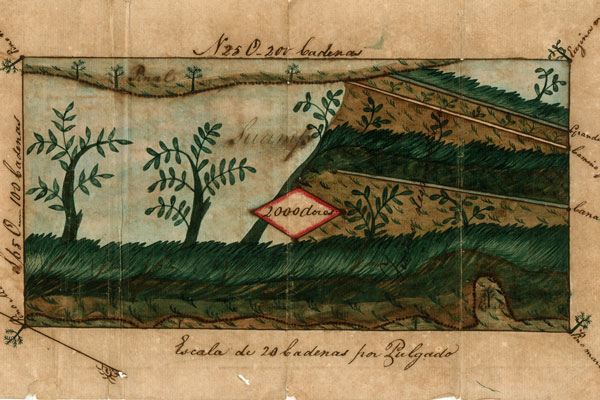I recently had the great pleasure of guest-editing Edition 4 of Seizure Online, which I dedicated to translated fiction and poetry. Any editor is familiar with the sense of excitement as the submissions roll in, the delight in reading carefully crafted pieces, the distress that comes with having to turn down so many, and the proud-as-punch feelings towards the final contributors and their work. I was more or less prepared for this, but what I wasn’t prepared for were the insights into translation that the task would provide.
Translation as an interpretive art is very much about paying exhaustive attention – to word choice, register, syntax, grammar, poetics, expression, connotation – but before this can happen, it is about falling in love. Translation, as a rule, is mostly thankless, so infatuation is key: it motivates our devotion to a literary work as the scant recognition, the rubbish pay, and for those of us who are also writers, the time away from writing do not. Yet falling in love can blinker our outlook, and concentrating on the close-up can push the broader picture out of the frame. We’re serial monogamists, and don’t necessarily keep in mind the cumulative view when the object of our affection is a single work of literature at any given time.
I’m talking about what is perhaps least visible in an already largely invisible role: the part translators play in getting works translated. We hustle hard to interest publishers in our latest obsession, write reader reports and otherwise act as advisors and ultimately taste-makers. But with taste-making comes responsibility. Reading so many translator submissions for Seizure Online, I was witness to a microcosm of the broader picture usually beyond my frame of reference, and in this aspect of our role – of deciding what to translate – some patterns were clearly discernible.
The starkest of those tendencies was that while there was an even gender split between submitting translators, only 14 per cent of the authors whose work had been translated were women. This statistic becomes even more troubling when comparing it with the self-translated submissions. Of the self-translators, 60 per cent were women. It seems women are happy to put their work forward as deserving of translation, but men and women alike are not so willing to take on women’s literary output as worth translating.
A single edition of a single lit mag is hardly statistically significant, but looking elsewhere it would seem that this example is reflective of a broader trend in the English-language publishing industry. The issue of gender disparity in translated works has been taken up by Meytal Radzinski, who for the past three years has run a Women in Translation project on her blog, Biblibio, following in the footsteps of VIDA. So far, results have shown that the industry has made little progress, with recent findings attesting that male-authored translated works are still comfortably in the majority. On the WiT (Women in Translation) Tumblr run by Alta L Price and Margaret Carson, the gender hierarchy is clearest when considering the gender combination of author and translator.
Of course, there are other forces at work here. In source cultures, gender biases are at play in barriers to entry, and in the accumulation of cultural capital around specific works (though, generally, not to a greater degree than is the case in English). Responsibility lies with source cultures in fostering and valuing women’s voices and, at the other end of the process, with gatekeepers – English-language publishers – in their decisions about what to publish. But positioned between those two forces in the process, we translators can play a crucial role in seeking out women’s voices, and can make it our business to scrutinise how many of those women writers are Indigenous, minority, of colour, LGBTQIA, working-class, socially marginalised, alternatively abled. For those working from non-European languages, you’re doing great: keep it up. For those of us who work from European languages that have spread to other corners of the world as corollaries of colonialism, and as this recent infographic by Man Booker International judge David Bellos highlights, we need to look outside Europe to source women’s voices.
We owe it not only to the authors and their texts but also to readers. To my mind, one of the attractions of reading is the access it provides to a perspective that is not the reader’s own. Books can be a kind of key to figuring out the world and others, with reading literary fiction shown to increase empathy. Surely this is what makes reading works in translation potentially very exciting: the perspective to which the reader is privy has been formed by another culture. Who knows what kind of insights it might bring? And yet, and yet. If voices in translation represent only a niche of the world’s population – if we circumscribe so narrowly what might gain entry into the realms of ‘worthy of translation’ – we are impoverishing our outlook, and missing out on so much.
Translators, here’s the thing. I’m not advocating we forgo that headlong fall for a work that inspires us to invest blood, sweat and tears into making our creative rendition the finest we can. But I am advocating that we read as broadly as possible on our way towards identifying our next object of devotion, and that we scrutinise that choice. It’s not about sacrificing quality or complexity but about gaining new dimensions and making those new dimensions available to readers.
And readers: August is Women in Translation month (#WITmonth , #womenintranslation). You know what to do.
–






